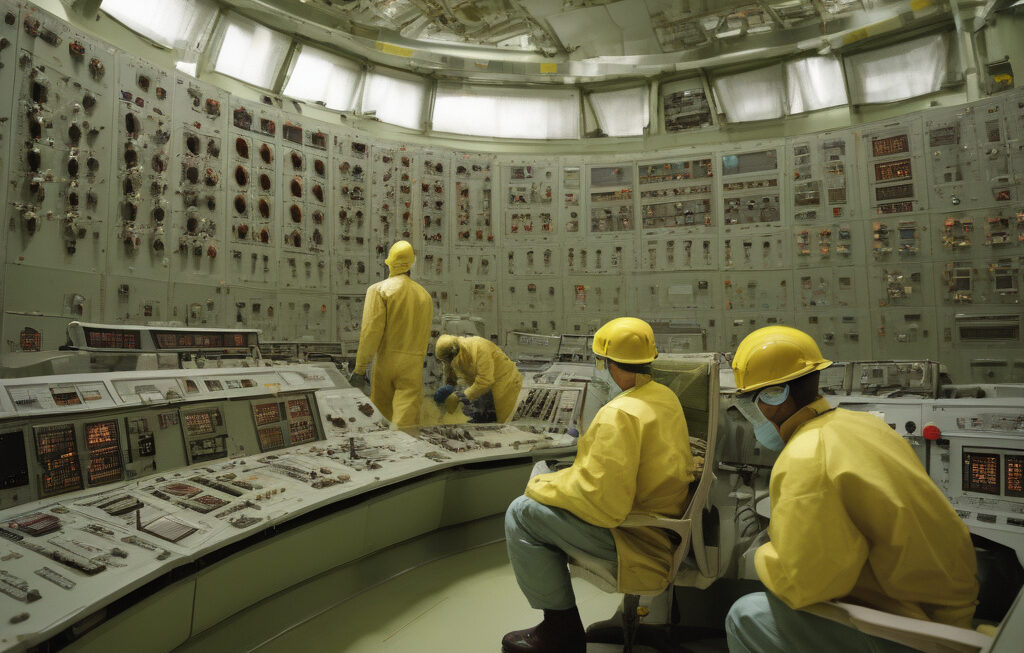UN to Train Governments in Blockchain and AI
The United Nations (UN) is taking a groundbreaking step towards empowering governments worldwide by providing training in blockchain and artificial intelligence (AI). This initiative aims to equip government officials with the knowledge and skills necessary to leverage these cutting-edge technologies effectively in various sectors, including digital IDs, financial services, public procurement, and smart contracts. By doing so, the UN seeks to foster transparency, efficiency, and inclusion within governmental operations, ultimately leading to more sustainable and prosperous societies.
Blockchain technology, often associated with cryptocurrencies like Bitcoin, has gained recognition for its ability to create secure and transparent digital ledgers. When applied to digital IDs, blockchain can enhance identity management systems by ensuring the authenticity and security of personal information. This can be particularly beneficial in regions where access to official identification is limited, helping individuals access essential services such as healthcare and education more easily.
In the realm of financial services, blockchain has the potential to revolutionize transactions by enabling secure, peer-to-peer payments without the need for intermediaries like banks. Governments that adopt blockchain in their financial systems can streamline processes, reduce fraud, and provide financial services to underserved populations more efficiently. This technology has the power to promote financial inclusion and empower individuals who have traditionally been excluded from the formal banking sector.
Moreover, blockchain can also optimize public procurement processes by increasing transparency and accountability. By recording procurement activities on a tamper-proof blockchain ledger, governments can minimize corruption, ensure fair competition among suppliers, and track the allocation of public funds accurately. This not only enhances the effectiveness of government spending but also builds trust among citizens in the integrity of public institutions.
In parallel, the UN’s training on AI will enable governments to harness the potential of artificial intelligence in implementing smart contracts. Smart contracts are self-executing agreements with the terms of the contract directly written into code. By utilizing AI algorithms to automate contract execution, governments can enhance the speed and accuracy of transactions, reducing the need for manual oversight and intervention. This not only improves operational efficiency but also minimizes the risk of errors or disputes arising from contract misinterpretation.
The impact of the UN’s education initiative on blockchain and AI proficiency for governments is far-reaching. As more countries embrace these technologies in their administrative processes, we can expect to see a transformation in how public services are delivered, monitored, and optimized. From streamlined identification systems to more inclusive financial services and transparent procurement practices, the potential benefits for citizens are significant.
By equipping governments with the knowledge and tools to navigate the complexities of blockchain and AI, the UN is paving the way for a more digitally inclusive and efficient governance landscape. As the world continues to evolve in the digital era, embracing these innovative technologies will be crucial for building resilient and responsive governmental structures that meet the needs of a rapidly changing society.
#UN, #Blockchain, #AI, #Government, #DigitalTransformation











